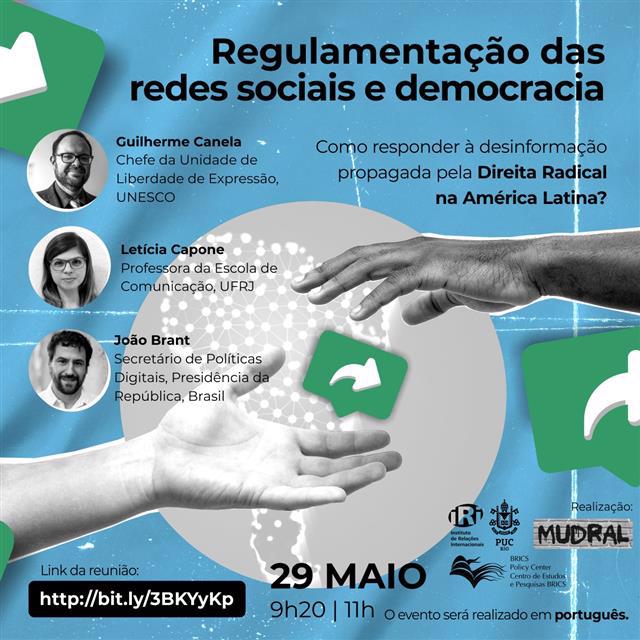As authoritarian-conservative leaders, groups and movements have progressively moved from the margins of political life to positions of power in several countries, it becomes crucial to fully understand their positions and actions in relation to the multilateral system, as well as the logic of their discourse and their interconnected strategies. These actors have been trying to influence and steer the international agenda, focusing their action on the United Nations system. This panel discusses key concepts such as authoritarianism, conservatorism, far and radical right, as well as concrete actions, political discourses, and supra and transnational connections and cooperation among authoritarian-conservative/far-radical right leaders, organized pressure groups, and movements with a focus on Latin American actors. At the empirical level, papers analyse how these actors have implemented anti-multilateral practices at the national, regional, and international levels, and what impact their actions had on the multilateral system's functioning and norms, such as the UN and Inter-American system and Latin American regional organizations.




